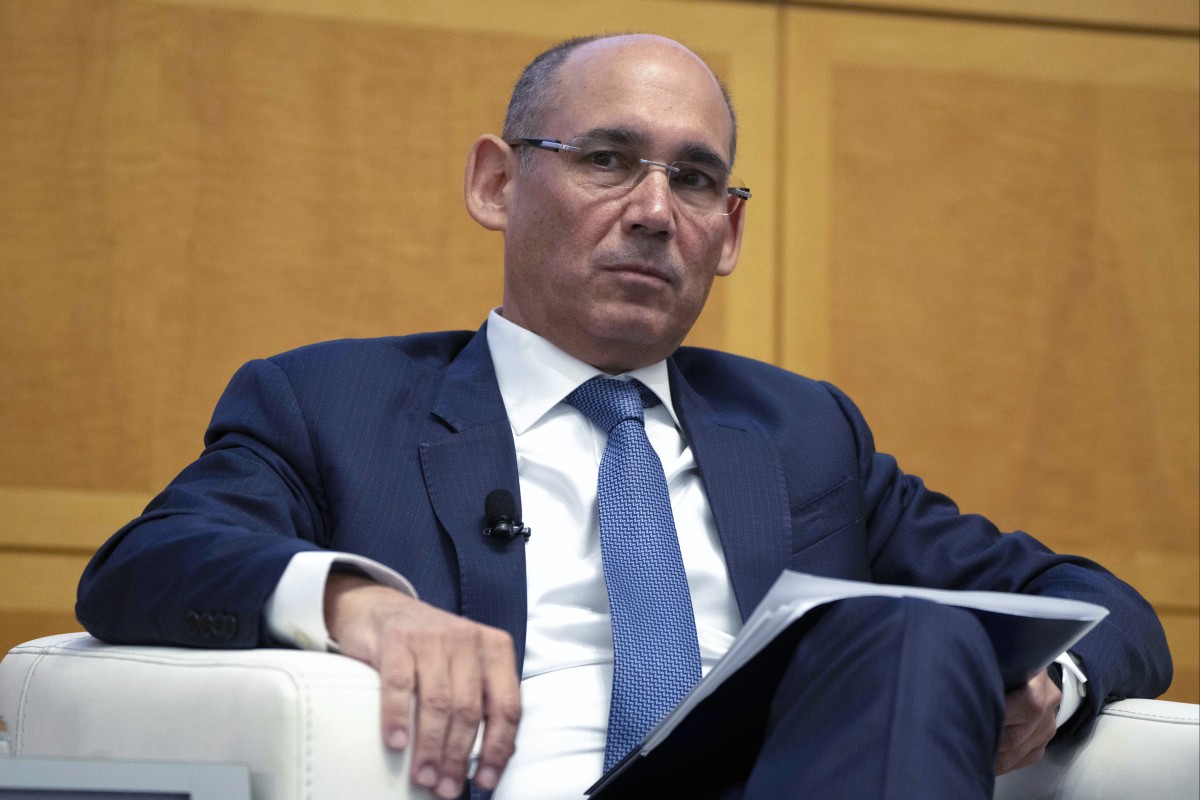Bank of Israel keeps interest rate unchanged amidst uncertainty
The Bank of Israel‘s Monetary Committee decided on Wednesday to hold the interest rate steady at 4.5 per cent. The decision was influenced by the ongoing war and its impact on the economy, as well as the need to balance price stability and support economic activity.
“Since the outbreak of the war, and in recent months in particular, geopolitical uncertainty and its economic ramifications have increased. These, alongside the fiscal uncertainty, are also reflected in the high yield spreads between Israeli government bonds and US bonds, and in CDS spreads that are near record levels.” the statement read.
“The level of economic activity is lower than the trend line and even lower than its level in the corresponding quarter of 2023, and is greatly impacted by supply limitations.”
Inflation has been on an upward trend, reaching 3.2 per cent year-over-year. While the committee expects inflation to moderate in the coming months, it remains concerned about potential risks, such as geopolitical developments, a weaker shekel, and continued supply constraints.
Against the background of the various developments in the war and the geopolitical environment, the committee referred to the increased volatility that can be seen in the foreign exchange market.
“Since the previous interest rate decision, the shekel has remained unchanged against the dollar, and weakened by about 3 percent vis-à-vis the euro, and by about 1.4 percent in nominal effective exchange rate terms.”
The Bank of Israel further said the government’s budget deficit has continued to grow. As of July, the cumulative deficit for the past 12 months reached 8.1 per cent of GDP.
“To the extent that there won’t be additional unexpected additions to the defence budget, it is expected to be 6.6 percent at the end of 2024. The uncertainty surrounding the State budget for 2025, and the implementation of adjustments required to reduce the deficit on an ongoing basis, contributes to an increase in the risk premium and is liable to weigh on the return of inflation to its target.”
The Bank of Israel also noted the ongoing recovery in the housing market and the increase in mortgage volume. However, it highlighted the challenges in the construction industry, including a shortage of workers and the impact of the war.
Despite these challenges, the committee believes that the current interest rate level is appropriate to achieve its objectives. It will continue to closely monitor economic developments and adjust monetary policy as needed.
Attribution: Bank of Israel statement


